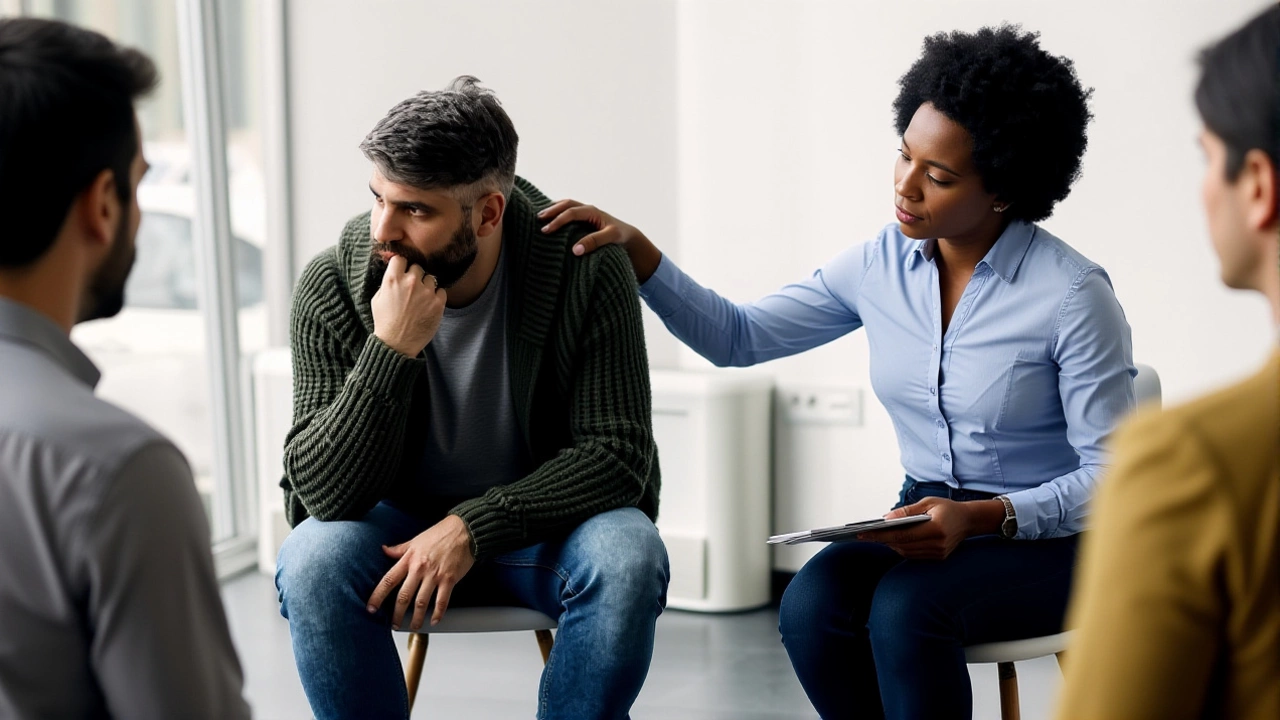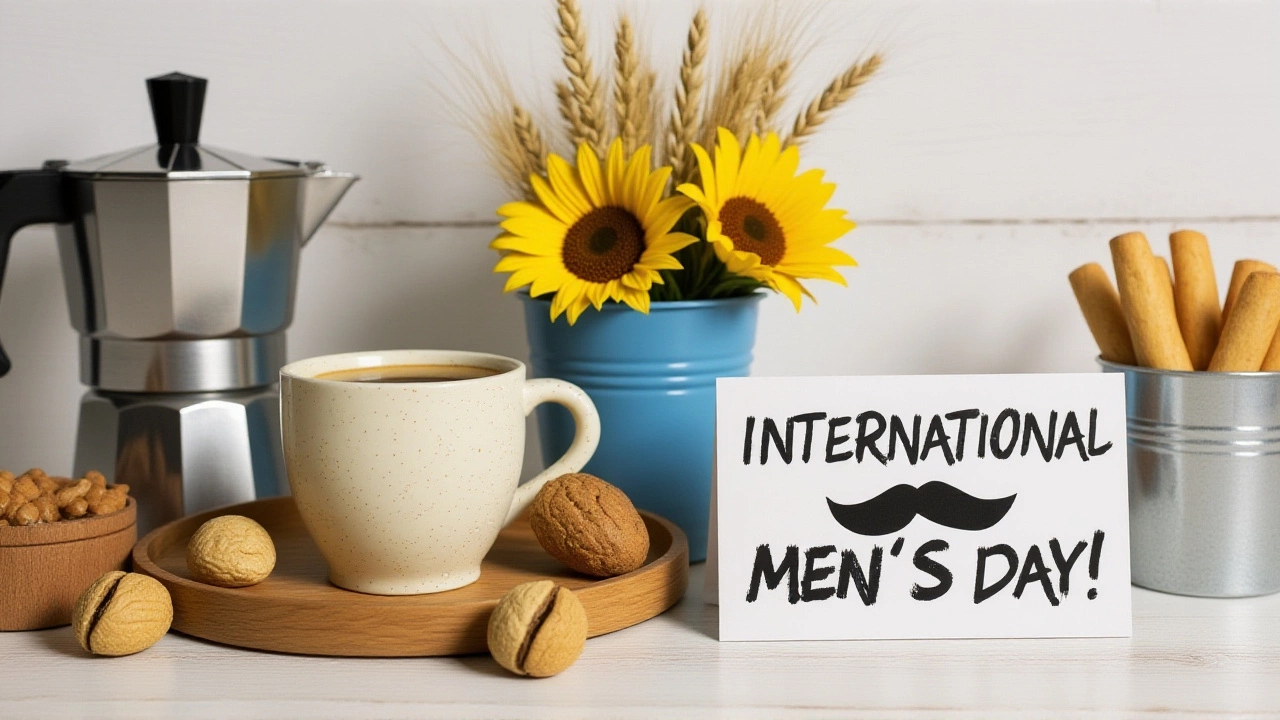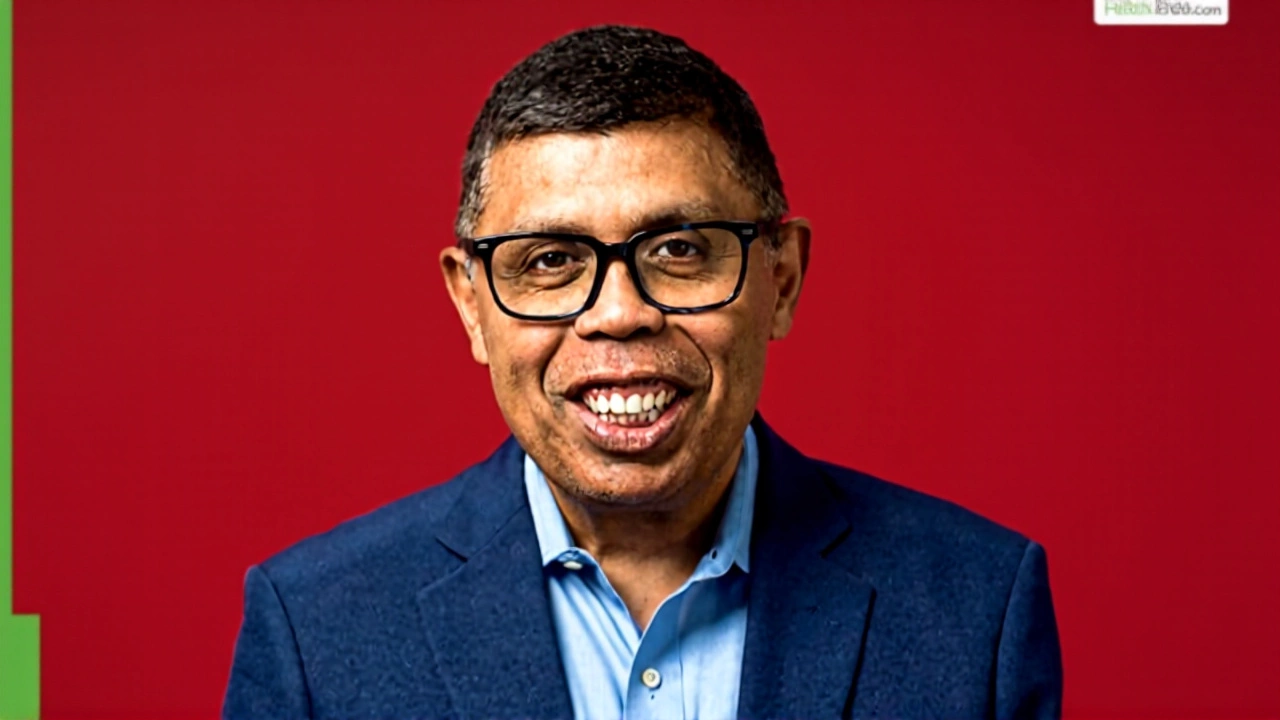On International Men's Day, November 19, 2025, the world will tune in for a historic 9-hour live webcast from Sydney, Australia, as part of a global effort to celebrate men and boys while confronting the silent crises they face. The event, organized by the International Men's Day committee, isn’t just another online gathering — it’s being framed as a real-time global movement, weaving together voices from six continents to discuss mental health, fatherhood, education, and the evolving meaning of strength. With the theme Celebrating Men and Boys, this year’s observance arrives at a pivotal moment: as societies grapple with rising male suicide rates, declining school engagement among boys, and shifting cultural expectations of masculinity.
From Sydney to the World: A 9-Hour Global Conversation
The webcast, running from 3:00 PM to midnight Australian Eastern Daylight Time (AEDT), is designed to accommodate viewers across time zones. From London to Lagos, from Toronto to Manila, participants will hear from educators, psychologists, former athletes, and fathers sharing raw, unfiltered stories. One segment features Dr. Elias Nkosi, a South African psychologist who helped reduce youth male suicide rates by 27% in Cape Town’s townships through community mentorship programs. Another highlights James Okafor, a Nigerian teacher who started a boys’ emotional literacy circle in Enugu — now replicated in 14 schools. "It’s not about men versus women," Okafor told organizers. "It’s about breaking the silence that tells boys, ‘Don’t cry, don’t ask for help, don’t be soft.’ That silence kills."Men’s Equality Month and the 48-Hour Window
November 2025 is officially designated as Men’s Equality Month — a term gaining traction in policy circles after being endorsed by the International Men's Day coalition. The month leads directly into International Children's Day on November 20, creating what organizers call a "48-hour window of connection" between men and the next generation. This linkage isn’t accidental. Data from the World Health Organization shows that boys raised by emotionally available fathers are 40% less likely to develop anxiety disorders by age 18. Yet in countries like the U.S. and the U.K., only 31% of fathers report regularly discussing emotions with their sons, according to a 2024 Pew Research study. "We’re not asking men to be less masculine," says Dr. Amina Patel, a gender studies professor at University of Sydney. "We’re asking them to be more human. And that starts with teaching boys that sensitivity isn’t weakness — it’s courage."
Media and Culture: The Contradictions of Masculinity
While the webcast celebrates progress, media coverage reveals deep contradictions. NDTV’s article, "Teaching Boys That Strength Includes Sensitivity," highlights how schools in India and Brazil are integrating emotional intelligence into curricula — a shift that’s met with both praise and backlash. Meanwhile, LBB Online’s piece, "Should Brands Show Up for International Men's Day?" cuts deeper: "The realities facing boys and men in 2025 tell a different story," it reads. "While ads celebrate ‘strong men,’ the data shows one in three boys under 16 feel they can’t talk to anyone about their fears." Even in places where men are seen as dominant — in politics, corporate leadership, or sports — they’re dying younger. In the U.S., men account for 77% of all suicides. In the UK, life expectancy for men is nearly five years lower than for women. These aren’t abstract stats — they’re fathers, brothers, sons, and coaches who never learned how to ask for help.Why This Matters Beyond November 19
The International Men's Day webcast isn’t just about raising awareness. It’s about building infrastructure. The organizers have partnered with schools, mental health nonprofits, and youth centers in 87 countries to distribute free toolkits on emotional literacy. Over 120,000 educators have registered for the webcast — not just to watch, but to use the content in classrooms the next day. "We’ve spent decades talking about women’s equality," says Dr. Nkosi. "Now we’re finally asking: What does equality look like for boys who are told to swallow their pain?" The movement traces its roots to 1992, when it was first observed in Trinidad and Tobago. It gained global momentum in 2007 after being adopted by the United Nations as part of its gender equity framework. But this year feels different. The conversation has moved beyond slogans. It’s now about curriculum changes, workplace mental health policies, and redefining heroism.
What Comes Next?
Organizers plan to release a global report on men’s well-being in January 2026, based on data collected during the webcast’s live polls and post-event surveys. They’re also pushing for a UN resolution to formally recognize Men’s Equality Month — a move that would require backing from at least 35 member states. Meanwhile, in classrooms from Tokyo to Chicago, teachers are quietly replacing "man up" with "it’s okay to feel." It’s small. It’s slow. But it’s real.Frequently Asked Questions
Why is International Men's Day on November 19 and not another date?
November 19 was chosen to honor the day in 1992 when the first official International Men's Day was held in Trinidad and Tobago, and to align with the birthday of famed humanitarian Dr. Martin Luther King Jr., who advocated for justice across gender and racial lines. The date also precedes International Children's Day on November 20, reinforcing the link between fatherhood and child development.
How does this event differ from Movember?
Movember focuses narrowly on men’s physical health — especially prostate and testicular cancer — through fundraising and awareness campaigns. International Men's Day takes a broader view, addressing mental health, social isolation, education gaps, fatherhood, and cultural stereotypes around masculinity. It’s not just about survival; it’s about thriving.
What’s the connection between International Men's Day and gender equality?
Gender equality isn’t a zero-sum game. When boys are taught to suppress emotions, it harms girls too — by reinforcing rigid roles. When men are free to be vulnerable, relationships improve, parenting becomes more balanced, and workplaces become less toxic. True equality means freeing everyone from harmful expectations, not just one gender.
Are there real-world examples of programs making a difference?
Yes. In Australia, the "Boys’ Circle" program in Queensland reduced school suspensions by 35% in two years by teaching emotional regulation. In Sweden, mandatory father-leave policies led to a 22% increase in fathers reporting strong bonds with their children. In Ghana, community elders now lead monthly "Men’s Talk Circles" — spaces where men share struggles without judgment. These aren’t outliers; they’re blueprints.
Why is this being called a "movement" and not just a day?
Because change doesn’t happen in a single day. The webcast is the spark, but the real work happens in schools, homes, and workplaces afterward. Over 800,000 people have signed up for follow-up resources — lesson plans, mental health toolkits, fatherhood guides. This isn’t performative awareness. It’s systemic change in motion.
Can brands really make a difference on International Men's Day?
Only if they go beyond slogans. Companies that donate to youth mental health nonprofits, offer flexible parental leave, or train managers in emotional intelligence are contributing. Those running ads with "be a man" messaging are reinforcing the very stereotypes that harm boys. Authenticity matters — consumers see through performative gestures.
